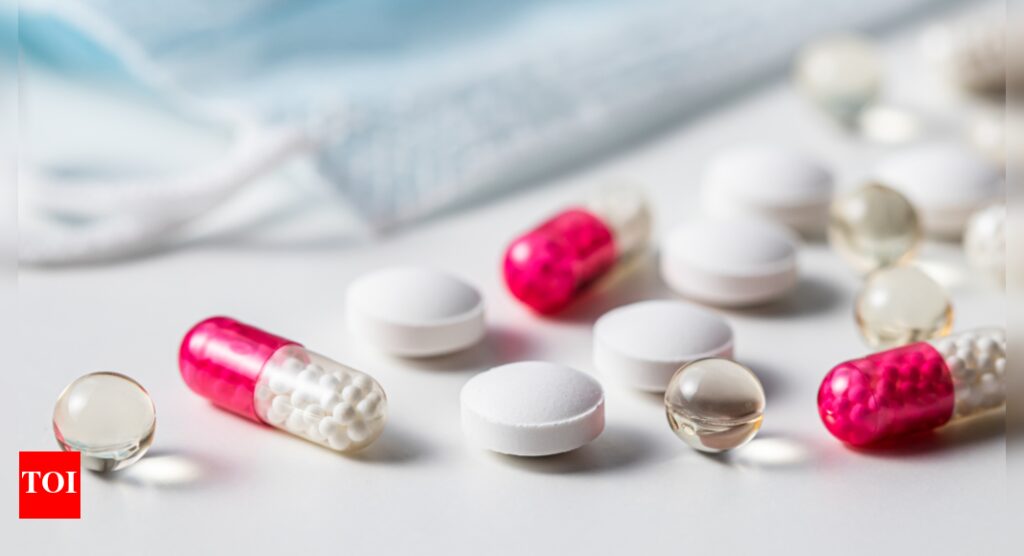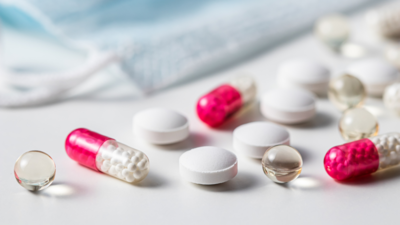Trump signals ‘aggressive’ tariffs on pharma imports, raising concerns for domestic companies

NEW DELHI: “Pharma is going to be tariffed at a very, very high rate, like 200%,” Trump said late on July 8. “We’ll give them a certain period of time to get their act together.” The tariffs on pharmaceuticals would come into effect after a grace period of at least a year, he added. Domestic pharma stocks, including Sun Pharma, Aurobindo, and Lupin, were fairly resilient, closing largely flat, while Dr Reddy’s was down by over a percent on the BSE on Wednesday.India’s pharmaceutical exports to the US are nearly $10 billion, while it services about 35% of US prescriptions with affordable generics in the most lucrative market globally.Analysts say that domestic biggies, including Aurobindo, Sun Pharma, Lupin, and Cipla, which generate significant revenue ranging from 35 to 50% from the US, could be hit if the tariffs were implemented. Companies may need to recalibrate their US strategy, they added.Over the past few months, Trump repeatedly signalled potential tariffs on pharmaceutical imports, creating uncertainty for domestic companies, which rely heavily on the US market. His latest statement, threatening a 200% tariff on pharmaceutical imports, marks his most aggressive stance yet, surpassing earlier mentions of 25% or unspecified “major” tariffs.Washington may soon issue a separate announcement on the pharmaceutical sector, expanding the list of industry-specific tariffs introduced by his administration since January. However, Trump noted that pharmaceutical companies would be given time to shift their operations to the US before the new tariffs are enforced.“The US is a global leader in pharmaceutical R&D, driving innovation with billions invested annually in developing new therapies, while India plays a critical role as the “pharmacy of the world,” supplying a huge part of US generic prescriptions and ensuring affordable access to medicines. The threat of 200% tariffs on pharmaceutical imports could disrupt this symbiotic relationship, impacting both nations’ healthcare ecosystems, an industry expert told TOI.








